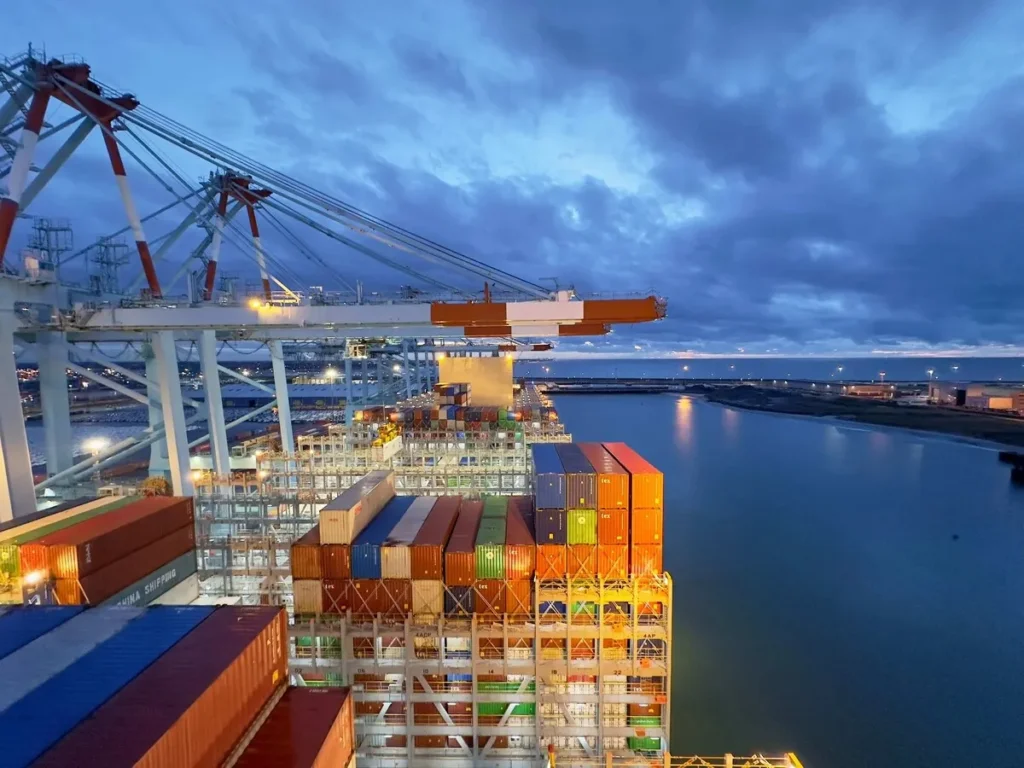According to Audrius Cuzanauskas, deputy chair of the Lithuanian Transporters’ Professional Union (LVPS), gaps in tachograph data suggest that some driving hours are not being recorded:
“The problem is that there is a large portion of undeclared work. In the Lithuanian transport sector, when we analyze the drivers’ tachograph cards, we clearly see that there is undeclared working time from one to two to six hours,” Cuzanauskas said at a press conference held last week.
Another LVPS representative went further, telling those gathered at the conference: “Employees are oppressed, they are under psychological pressure not to record full-time work. When we talk to drivers from third countries, they are threatened with fines.”
Cuzanauskas also believes the influx of 3rd-country drivers to Lithuania, as well as their exploitation, is having a negative impact on the country’s native HGV driver workforce:
“Lithuanians are real hostages in this sector, due to the fact that so much cheap labour is brought in that Lithuanians do not have the opportunity to resist and fight for their labour rights, for better working conditions and better pay,” said LVPS’ deputy chair.
Cuzanauskas added that 32,000 third country drivers were employed in Lithuania in 2022, and that the equivalent number this year could be as high as 50,000.
In addition to the above, LVPS used its press conference to emphasise the health implications overworked HGV drivers came suffer from. The union says many such drivers do not eat properly, can get sick on the road and go without proper treatment. This in turn leads to higher mortality rates and poses a greater threat of traffic accidents, thereby worsening the level of safety on the roads for everyone.
Photo: Vilensija, CC BY-SA 3.0, via Wikimedia Commons











